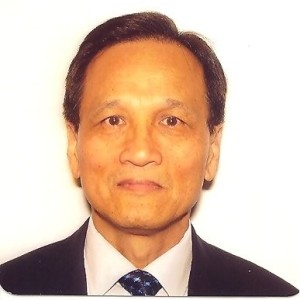- Video Library
- Steven Lin Presents BioGend Therapeutics at LSI USA '23
Steven Lin Presents BioGend Therapeutics at LSI USA '23
shaping the future of
Medtech at LSI USA ‘26
Waldorf Astoria, Monarch Beach

Steven Lin
Experienced Chief Technology Officer with a demonstrated history of working in the medical device industry. Skilled in Verification and Validation (V&V), Materials Science, CE marking, Medical Devices, and Spine. Strong professional with a DSc focused in Biomedical Engineering from Washington University in St. Louis.
Steven Lin
Experienced Chief Technology Officer with a demonstrated history of working in the medical device industry. Skilled in Verification and Validation (V&V), Materials Science, CE marking, Medical Devices, and Spine. Strong professional with a DSc focused in Biomedical Engineering from Washington University in St. Louis.

17011 Beach Blvd, Suite 500 Huntington Beach, CA 92647
714-847-3540© 2026 Life Science Intelligence, Inc., All Rights Reserved. | Privacy Policy







